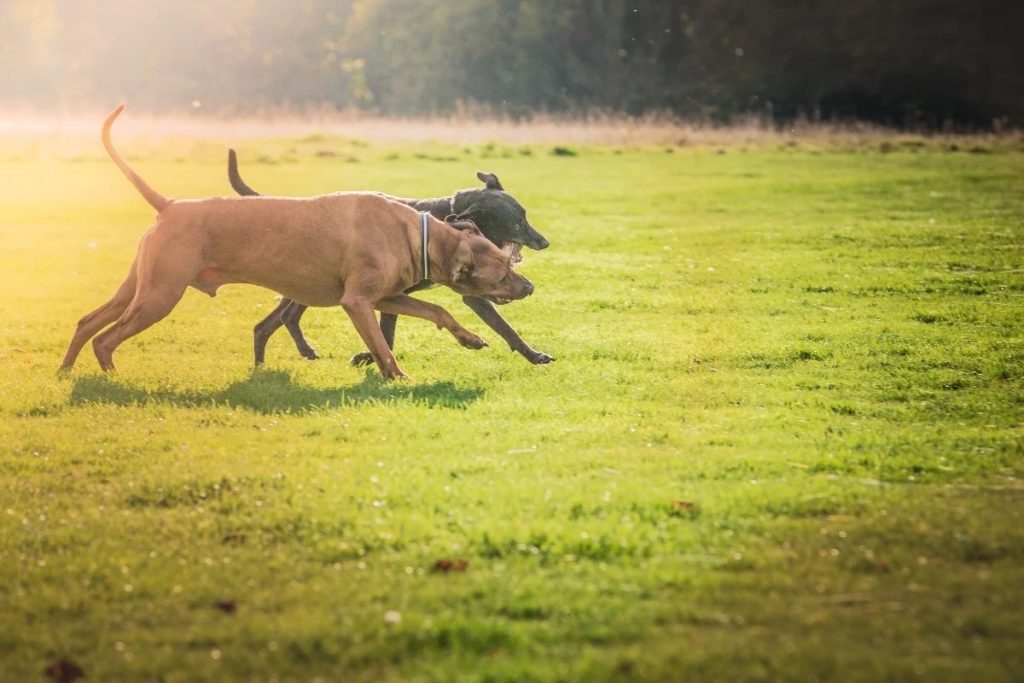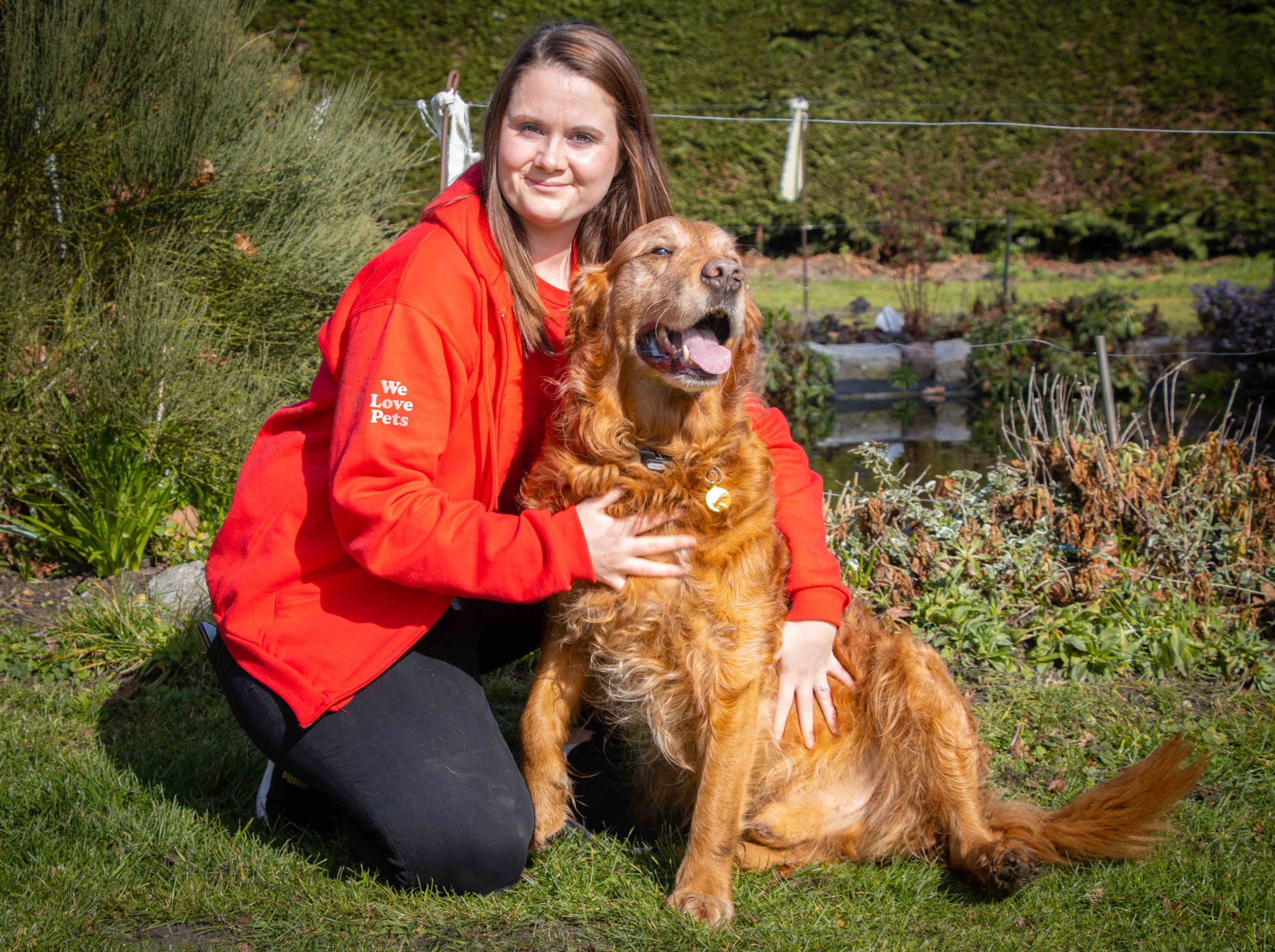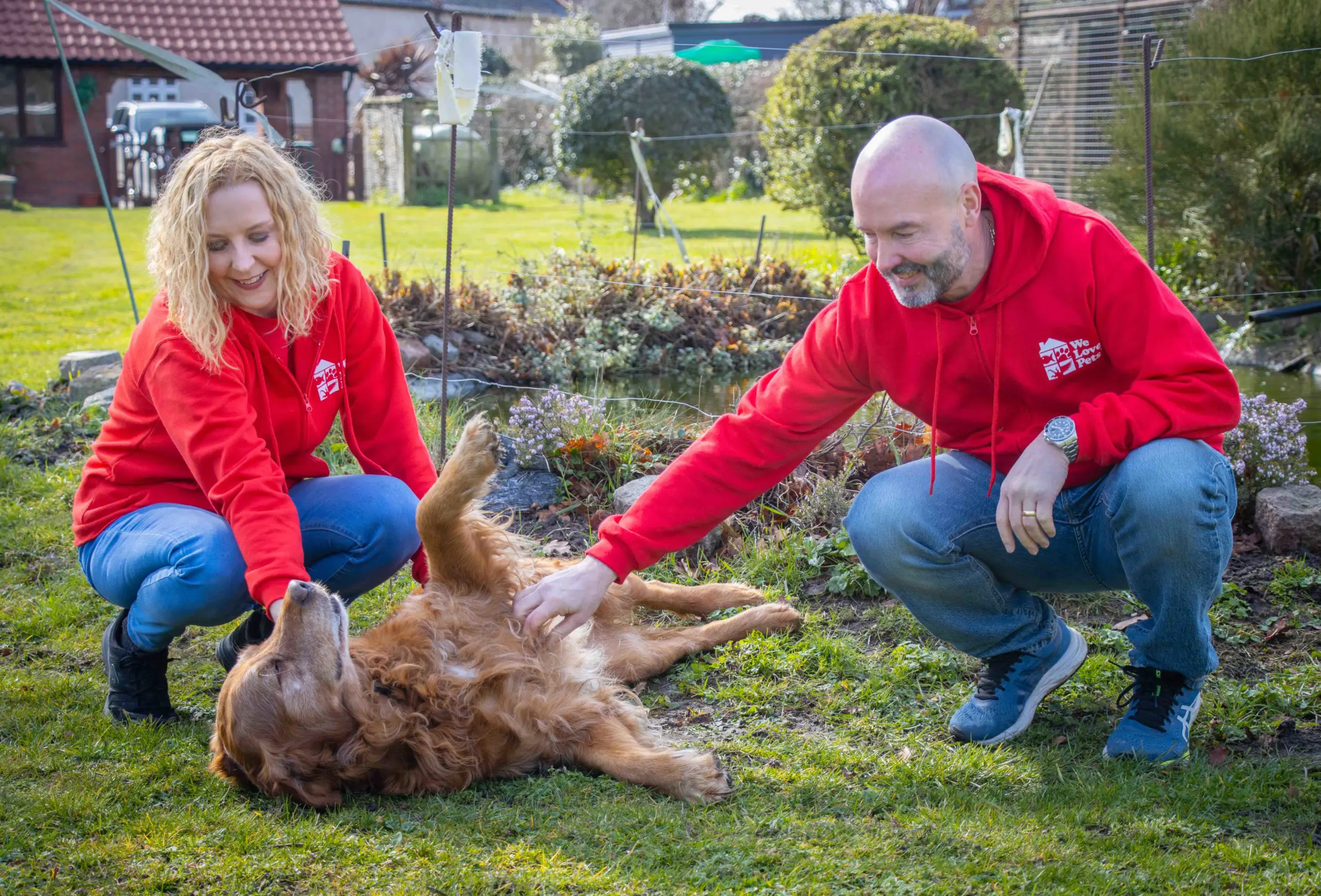by Dr Craig Waldron, Behaviour Vet
There are mixed opinions on whether neutering impacts behaviour, and at what age dogs should be neutered. We asked Dr Craig Waldon to separate fact from fiction:
When does a puppy become an adult? Does it depend on the breed?
Sexual maturity is typically reached at around 6-9 months, and can be later in larger breeds. This may be typified by urine marking (leg ‘cocking’). It could be said that once sexual maturity is reached, adulthood is entered.
Full adult size is usually reached at 12-18 months, with smaller breeds typically reaching full size earlier than larger breeds. Social maturity is typically achieved at 12-36 months.
How far does neutering go to help reduce behaviours like peeing in the house and negative behaviour towards other dogs?
Castration involves the removal of both testes, which are the main source of testosterone. Testosterone modulates behaviour, rather than directly causing it – it increases the likelihood of behaviours like roaming, urine marking, ‘confident’ aggression towards other male dogs, and mounting. However, not all dogs will display these behaviours, and testosterone does not influence all unwanted behaviours.
Castration may be beneficial in reducing behaviours that are influenced by testosterone. However, there are usually many other potential causes of unwanted behaviours, so castration cannot be guaranteed to improve or resolve them. In addition, unwanted behaviours that are influenced by testosterone may have become ‘learnt’, and thus may persist beyond castration. For these reasons, behavioural modification therapy may be required.
Castration is less likely to be beneficial in reducing unruly, over-excitable behaviour. Furthermore, it could be potentially detrimental in dogs that are anxious, fearful or unconfident – this may be related to the effect of losing testosterone on self-confidence; however, further research is required to verify this.
Castration has medical benefits too, including prevention of testicular tumours, and reduction of prostate disease and some other tumours. However, there is research that suggests castration might increase the risk of some health problems – the APBC suggest that there is not currently enough evidence to know how reliable these findings are, so until further research is conducted, decisions regarding castration should be made according to population control and behaviour, rather than health.
What do you recommend as the optimum age for neutering male dogs?
The long-term effects of castration before sexual maturity (when compared to after) on the development of social behaviour in male dogs have not been fully evaluated, and more research is needed.
As castration could potentially be detrimental, particularly in dogs that are anxious, fearful or unconfident, some dogs might benefit from being left entire, especially if they are showing no testosterone-related behaviour problems, and if unwanted mating can be reliably prevented.
However, the APBC suggest that, in view of the large numbers of unwanted dogs in the UK, male dogs should be castrated unless there is a good reason not to do so.
Ultimately, each dog is an individual, and the advantages and disadvantages of castrating them should be considered carefully. A vet will be able to discuss the best course of action, and the best time to neuter, in each individual circumstance.
We recommend that you seek specific advice from your own vet.




